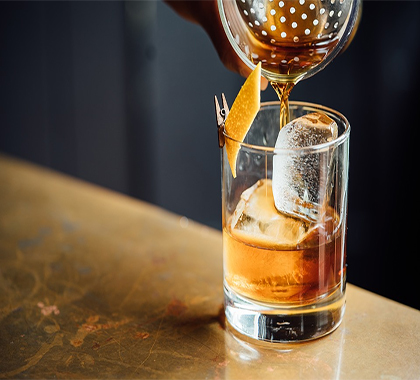The Pennsylvania House of Representatives approved four bills to reduce restrictions on alcohol and liquor sales.
The House sent the legislation to the state Senate’s Law and Justice Committee in May.
House Bills 438, 975, 991, and 1075—sponsored by state Rep. Mike Turzai (R-Allegheny) and others—build on previous liberalizations of Pennsylvania’s regulation of consumer purchases of alcohol and liquor. The bills would significantly change Pennsylvania’s liquor laws.
House Bill 438 would permit restaurants and hotels selling wine to sell liquor as well. House Bill 991 would allow retail businesses to begin selling wine and liquor in addition to the current state-run vendor system.
House Bill 975 would remove restrictions on how private grocery stores sell wine, also jettisoning requirements that private stores purchase wine and liquor from the state government. House Bill 1075 would remove similar requirements for other classes of alcohol.
In December 2016, Wolf signed a bill relaxing the state’s “blue law” restrictions, which limited when businesses could sell alcohol to consumers and prohibited licensed breweries from selling other breweries’ products.
Prohibition Legacy
House Majority Leader Dave Reed (R-Indiana) says Pennsylvania’s liquor laws were designed to control consumers, not protect them.
“The governor who was in office after Prohibition was a prohibitionist,” Reed said. “He made a point to set up a liquor system that was the most restrictive in the country, to try and discourage people from purchasing alcoholic beverages. He succeeded in having a legacy that long outlived his tenure in office, and I think over the years it was just a monopolistic system that folks held on to.”
Win-Win Opportunity
Reed says legislative reformers are trying to make the state’s laws more consumer- and taxpayer-friendly.
“Over the last couple of years, we’ve tried to look at a more long-term approach to changing our liquor system,” Reed said. “Let’s get wine and spirits into the private market, but let’s look at it in a way where it enhances long-term revenues, through increased sales, licensing fees, and taxes, so that it’s not a long-term revenue loser to the commonwealth.
“My priorities are consumer convenience [and] long-term revenue proceeds to the commonwealth from a budgetary perspective, to protect our taxpayers,” Reed said.
Modernizing Liquor Laws
Bob Dick, a senior policy analyst for the Commonwealth Foundation, says the bills are about getting government out of the way.
“The bills would build on reforms which were passed [in 2016], that modernized some of Pennsylvania’s wine laws, which allow for private sale of wine and also extend the hours of sales,” Dick said. “This is basically going to give consumers more choice and convenience.”




